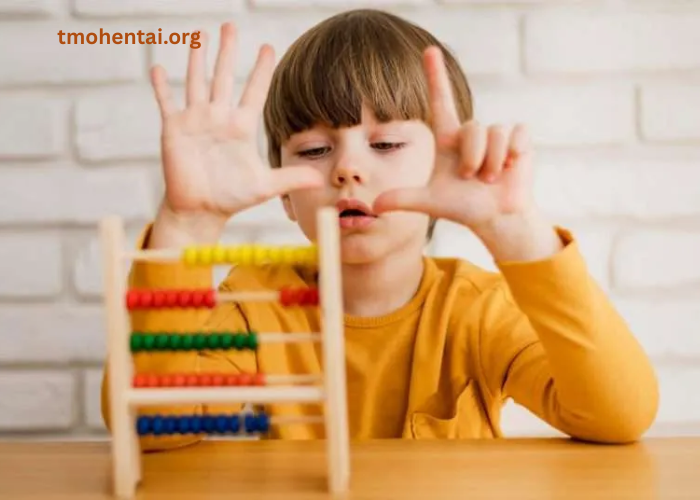Horses have galloped through the pages of history, leaving an indelible mark on the evolution of human civilization. Their journey from wild plains to domesticated companions encapsulates a story of partnership, transformation, and cultural significance. This majestic journey reflects not only the adaptability and resilience of horses but also the profound impact they have had on human societies across the globe. Discover the latest horse racing tips and predictions on France Cheval Turf. Get expert insights and analysis to help you make informed bets.
Early Beginnings: The Domestication of Horses
The domestication of horses, believed to have occurred around 4000 BCE on the steppes of Central Asia, marked a turning point in human history. Early humans recognized the potential of these powerful creatures for transportation, agriculture, and warfare. The Botai culture in Kazakhstan is often credited with some of the earliest domestication efforts, as archaeological evidence reveals the presence of horse milk residues in pottery and horse bones with wear patterns consistent with riding.
Horses in Ancient Civilizations
As horses became integral to human life, they played a crucial role in the rise and expansion of ancient civilizations. In Mesopotamia, horses were harnessed to chariots, revolutionizing warfare and enabling the swift movement of armies. The chariot itself became a symbol of power and prestige, used in both battle and ceremonial contexts.
In Egypt, horses were introduced around the 16th century BCE, likely through interactions with the Hyksos. The Egyptians quickly adopted horse-drawn chariots, which played a pivotal role in the expansion of their empire. Depictions of Pharaohs riding chariots can be found in numerous ancient artworks, highlighting the animal’s status as a royal and divine companion.
The Equine Influence on Trade and Exploration
Horses not only transformed warfare but also facilitated trade and exploration. The Silk Road, an ancient network of trade routes connecting the East and West, relied heavily on horses for the transportation of goods. These routes enabled the exchange of not only commodities like silk, spices, and precious metals but also ideas, culture, and technology.
In the Americas, the reintroduction of horses by Spanish explorers in the 16th century had a transformative impact on indigenous cultures. Native American tribes, such as the Plains Indians, quickly adapted to horseback riding, which enhanced their hunting capabilities, warfare strategies, and mobility. The horse became a central element of their way of life, deeply embedded in their culture and traditions.
Horses in Agriculture and Industry
Beyond their roles in warfare and trade, horses have been indispensable in agriculture and industry. The invention of the horse collar in the Middle Ages improved the efficiency of horses in plowing fields and transporting goods. This innovation contributed to agricultural productivity, supporting population growth and urbanization.
In the 19th century, horses were at the heart of the Industrial Revolution. They pulled carriages, trams, and barges, facilitating the movement of people and goods in rapidly growing cities. The iconic image of horse-drawn carriages in bustling urban centers remains a testament to their importance during this transformative period.
Cultural and Symbolic Significance
Horses have also held a prominent place in human culture and symbolism. In mythology and literature, they are often depicted as noble and powerful creatures. From Pegasus in Greek mythology to the horses of the Four Horsemen of the Apocalypse in Christian eschatology, these animals have embodied both divine and destructive forces.
In art, horses have been a favorite subject for centuries. Equine sculptures, paintings, and tapestries adorn palaces and museums, celebrating their beauty and strength. The Spanish Riding School in Vienna, renowned for its Lipizzaner horses, showcases the elegance and grace of these animals through classical dressage performances.
The Modern Era: Horses Today
In the modern era, the role of horses has evolved but remains significant. While they are no longer the primary means of transportation or agricultural labor, they continue to thrive in sports, recreation, and therapy. Equestrian events such as dressage, show jumping, and racing draw enthusiasts worldwide, celebrating the athleticism and versatility of horses.
Therapeutic riding programs have harnessed the calming and healing presence of horses to support individuals with physical, emotional, and cognitive challenges. Equine-assisted therapy has proven beneficial for veterans with PTSD, children with autism, and people recovering from trauma.
Conclusion
The majestic journey of horses through human history is a testament to their enduring partnership with mankind. From the steppes of Central Asia to the grand arenas of modern equestrian sports, horses have been loyal companions, driving forces of change, and symbols of grace and power. As we continue to celebrate and cherish these remarkable animals, their legacy remains deeply woven into the fabric of human civilization.





